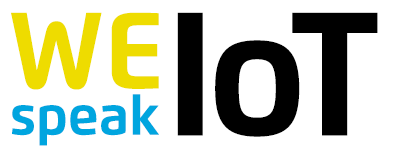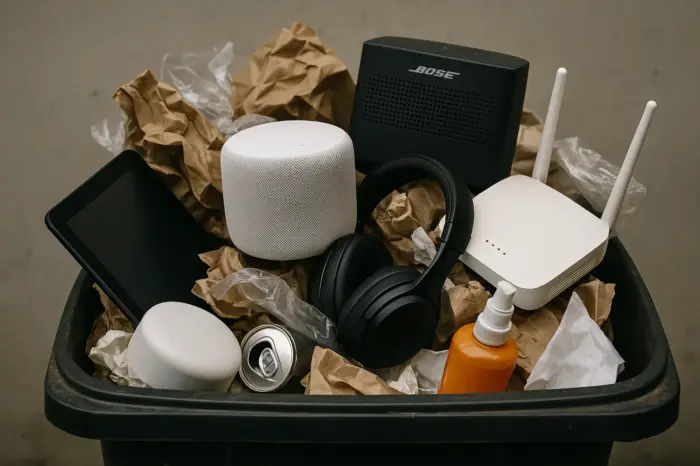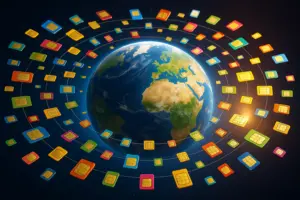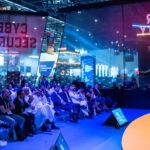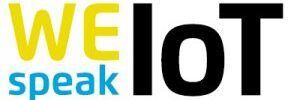GITEX Global 2025: Dubai Showcases the Next Stage of AI and IoT
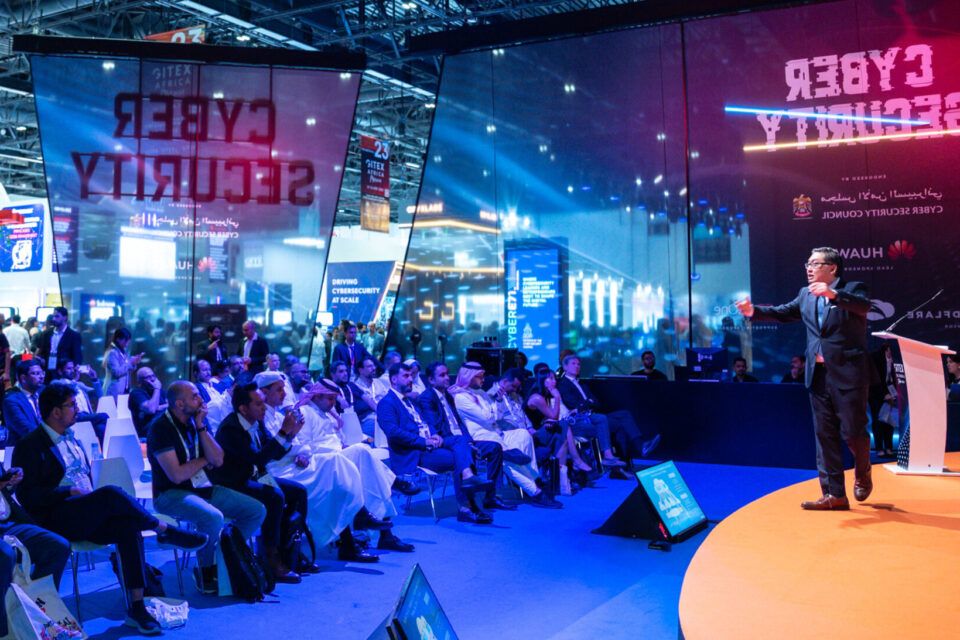
In Dubai, the 45th edition of GITEX Global has begun – one of the world’s largest technology trade fairs. From October 13 to 17, more than 6,800 exhibitors and around 2,000 startups from over 180 countries are showcasing their solutions for Artificial Intelligence (AI), the Internet of Things (IoT), and digital infrastructure at the Dubai World Trade Centre. In parallel, the innovation platform “Expand North Star,” focused on startups and venture capital, is taking place at Dubai Harbour.
The central theme of this year’s exhibition is the rise of “Sovereign AI” strategies: governments and corporations seek to operate AI models, data, and infrastructure under their own control. This development is being driven particularly in the Gulf region, where governments define data sovereignty and digital independence as strategic objectives. Major vendors such as Huawei, IBM, G42, and Microsoft are presenting platforms that enable the setup and operation of national AI systems. Cloud data centers, chips, and AI governance dominate the professional forums.
Among the prominent speakers is Sam Altman, CEO of OpenAI, who is joining virtually. From Europe, Ekaterina Zaharieva, EU Commissioner for Startups, Research, and Innovation, and Liisa-Ly Pakosta, Estonia’s Minister of Justice and Digital Affairs, are featured. Germany is represented by Dr. Peter Koerte, CTO and board member at Siemens, and Dr. Jörg Goschin, CEO of KfW Capital. This mix of global tech leaders, European policymakers, and German industry representatives underscores the international scope of the event.
Connected Systems and IoT Security
IoT applications are among the core topics of GITEX. The focus lies on solutions for industrial and urban connectivity and their security. U.S.-based Phosphorus Cybersecurity is showcasing a platform that automatically detects and manages IoT, OT, and medical devices. Companies such as SentinelOne and Sophos demonstrate AI-based systems for real-time cyberattack defense.
The Dubai Municipality is using the fair to present concrete Smart City projects. The “Dubai Live Platform” links construction and environmental data in real time, while the “DANA Smart City Management System” uses Geographic Information Systems (GIS) and machine learning to analyze urban structures. Digital Dubai is also presenting new “Agentic AI” services such as “Talk to your Data” and “GeoStat Agent,” designed to automate data interaction and administrative processes.
Mobility, Public Order & Surveillance
Another central topic is intelligent mobility. The Roads and Transport Authority (RTA) is offering a first look at a KI-powered “Trackless Tram” – a rail-free, electric public transport concept. Meanwhile, the UAE police are introducing autonomous patrol vehicles capable of detecting traffic and visa violations in real time using AI. These applications illustrate the practical use of AI in public spaces, a strategy the United Arab Emirates is systematically advancing.
Strong Presence of Chinese Exhibitors
This year’s show features a marked emphasis on Chinese technology. According to the state news agency Xinhua, around 300 Chinese companies are participating, including China Mobile, China Electronics Corporation, ZTE, H3C, iFlytek, and the flying-car manufacturer Xpeng AEROHT. Exhibits include robotics, intelligent manufacturing, and smart mobility solutions. The strong Chinese presence highlights the country’s ambition to play a leading role in the global AI and IoT value chain.
European and German Participation
European companies are also represented at the trade fair, though less prominently than their Asian and American counterparts. The organizers list Siemens and SAP among the global exhibitors. In addition, an official “German Pavilion” features over 20 companies specializing in IoT, sensor technology, security, and industrial automation. The presence of German firms underscores their interest in Middle Eastern markets, though it remains modest compared to the extensive Chinese and U.S. showcases.
Why Dubai?
Dubai’s role as host is no coincidence. The Emirate has positioned itself for years as an international hub for AI, cloud computing, and digital transformation. With massive government investment, tax incentives, and a clear technology agenda, the country attracts both corporations and startups. GITEX Global serves as both a showcase and marketplace for new alliances among governments, enterprises, and investors. At the same time, Dubai uses the fair to highlight its own Smart City and AI projects – positioning itself as a global testbed for future digital technologies.
GITEX Global 2025 demonstrates that AI and IoT are increasingly viewed as an integrated infrastructure. Applications that were experimental only a few years ago are now being deployed across administration, industry, and public safety. For Germany and Europe, the fair remains an important indicator of where global technology priorities are heading – and how significant digital sovereignty may soon become.
Summary (tl;dr)
- GITEX Global 2025 with over 6,800 exhibitors from 180 countries
- Focus on AI, IoT, and data sovereignty (“Sovereign AI”)
- Speakers include: Sam Altman, Ekaterina Zaharieva, Liisa-Ly Pakosta, Peter Koerte, Jörg Goschin
- Strong presence of Chinese tech companies, incl. ZTE, iFlytek, Xpeng AEROHT
- German Pavilion and appearances by Siemens and SAP
- Dubai strengthens its role as a global center for AI and digital infrastructure



